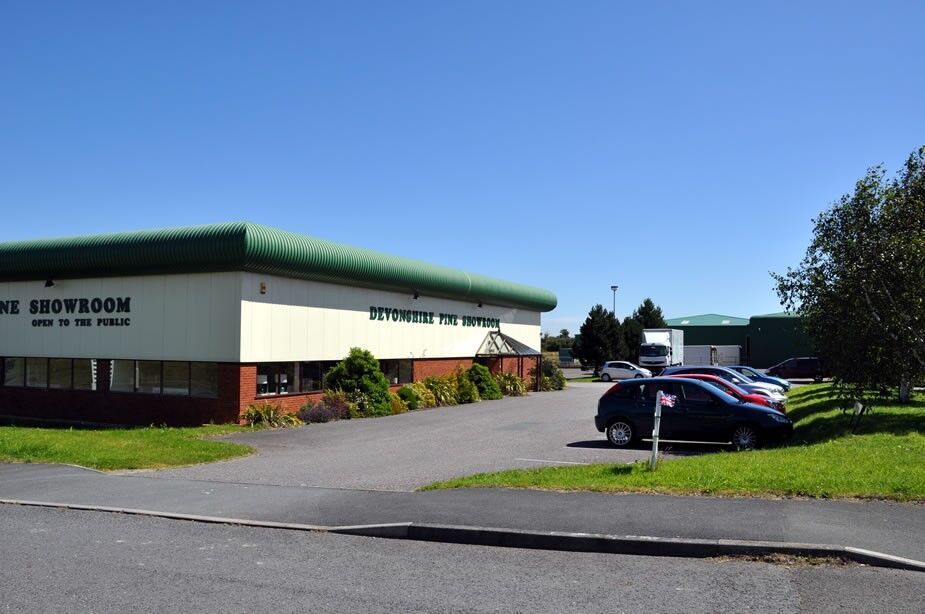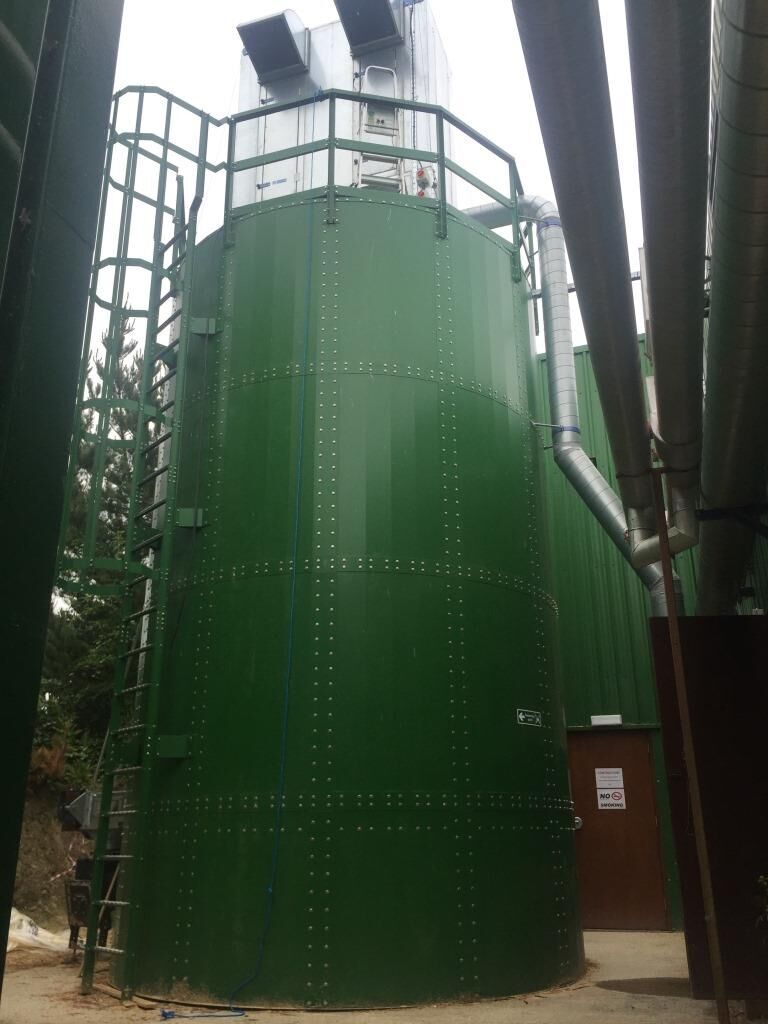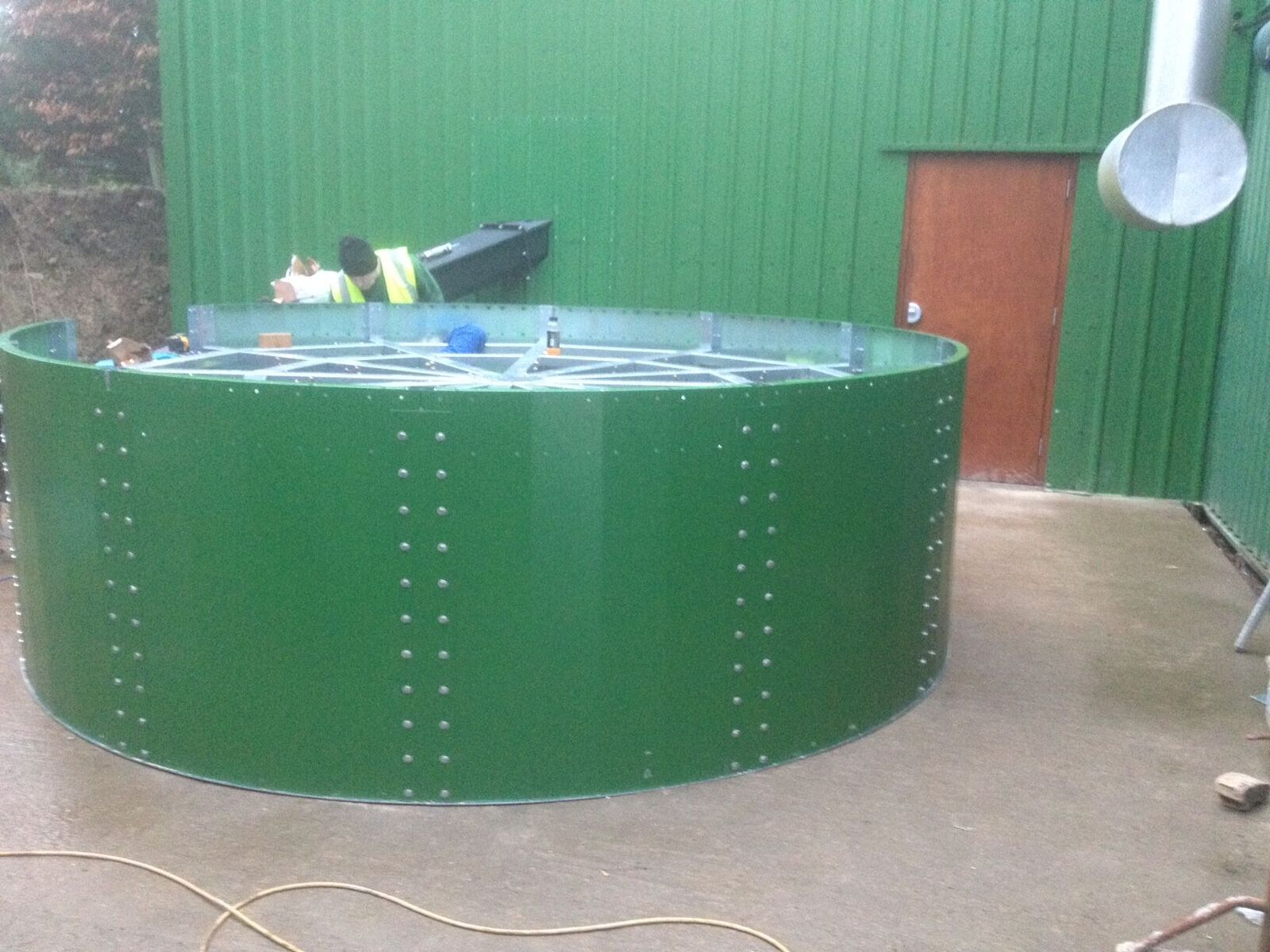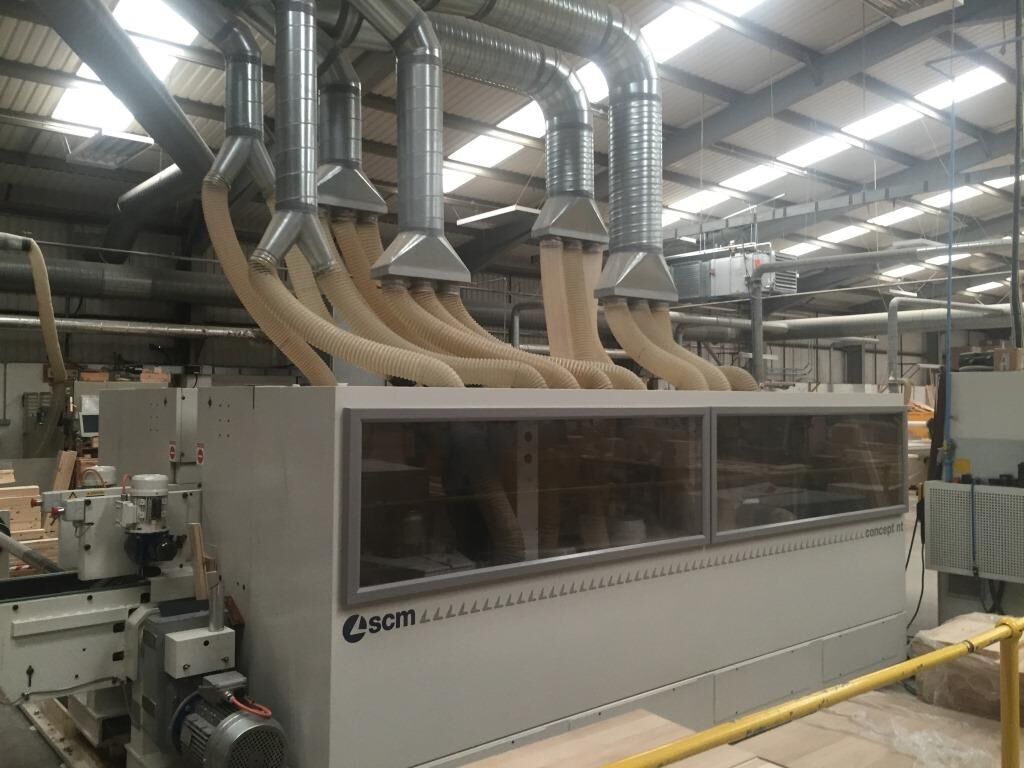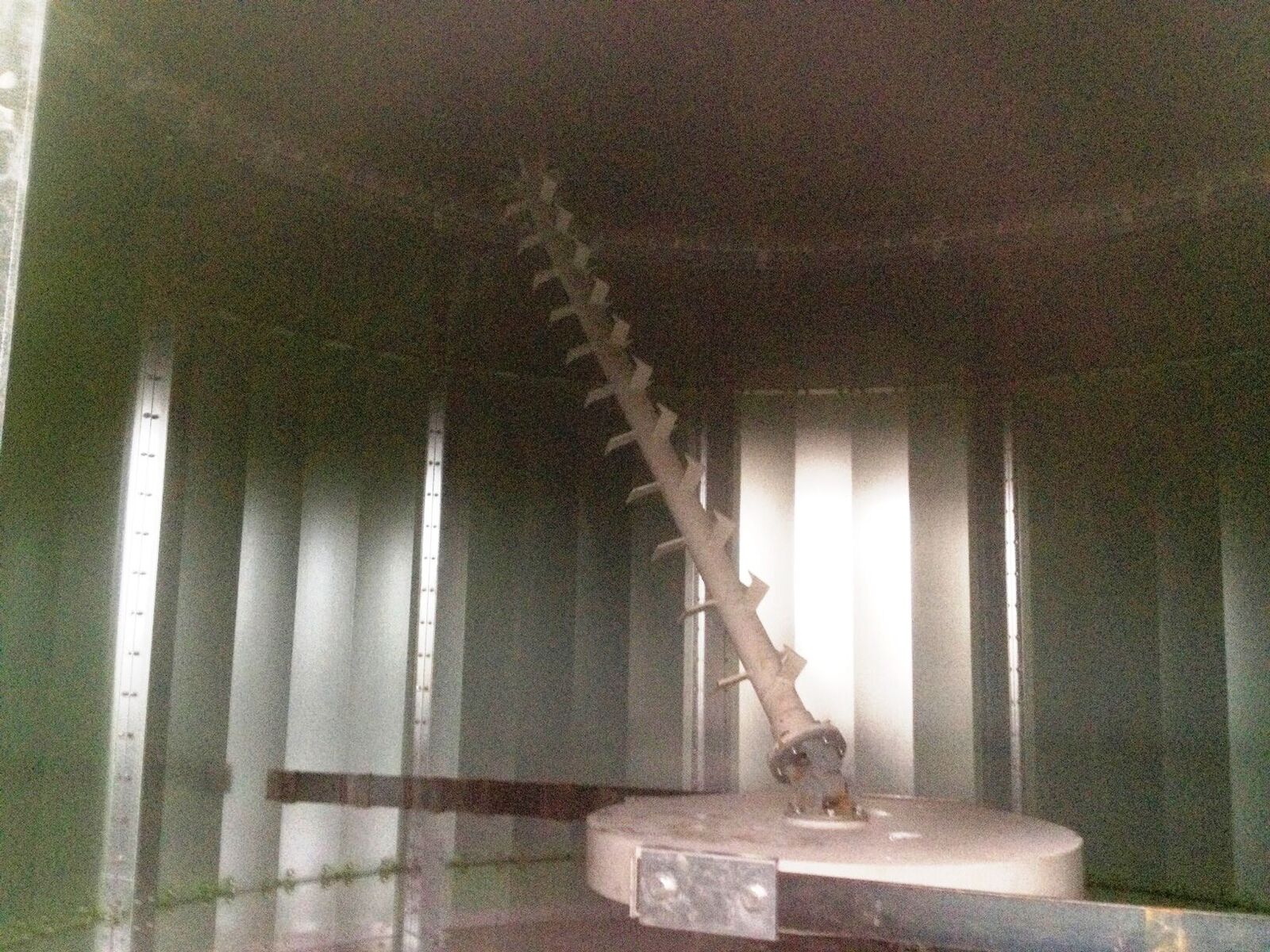Project Description
Devonshire Pine are a large furniture manufacturing company in South West of England employing over 140 people and operating from a 240,000sq ft premises.
Wood fuel systems were contracted to design, manufacture and install a silo and boiler feed system to heat their factory and drying rooms.
The material to be stored in the silo was a mixture of wood shavings, wood chip and sawdust which was collected from the cnc machinery in the factory via an internal filtration system.
We therefore had to design the silo so that a large filter unit weighing in excess of a tonne could be mounted on the roof. This filter took receipt of the waste wood and was responsible for loading the silo and filtering out dust particles which were too fine.
At this filter unit had to be serviced and maintained regularly a roof access ladder and safety railings were also provided. The silo itself was a 60m³ cylindrical store measuring 3.5m (diameter) X 6m (High). As the site had no access for lifting equipment the silo had to be brought to site flat packed and built in situ. As per customer request it was also powder coated leaf green in order to match the colour of the building it was sited next to.
Significant engineering challenges also existed on the extraction end of the silo where we were asked to provide a horizontal agitator type screw auger system 1.2m from ground level to feed into a secondary boiler feed screw which was already installed on site. A precise feed rate of 308kg per hour had to be achieved in order to integrate the two augers.
Our last challenge was to deal with the flow characteristics of the material in the silo which was quite poor due to the volume of sawdust. To deal with this a stirrer connected to the auger was installed inside the silo to keep the material flowing down to the extraction point.
A true success story in self-sufficiency, Devonshire Pine can now boast of being able to use 100% of the waste from their manufacturing processes to heat their factory units and drying rooms as well as getting repayments on their investment through the renewable heat incentive.

